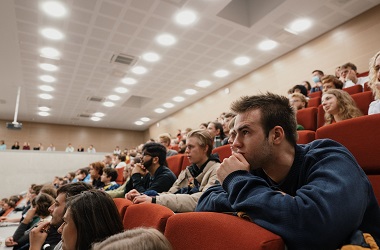Invitation to participate in the conference "Lithuanian MSc Research in Informatics and ICT"
Are you a Master's student, or have you already completed your Master's degree? Would you like to present your Master's thesis research to colleagues from other universities? Participate in the scientific conference "Lithuanian MSc Research in Informatics and ICT", which will take place on May 9, 2023, at the Lithuanian Academy of Sciences (Gedimino pr. 3, Vilnius). The conference is open to the presentation of a wide range of research and applications in the field of informatics and IT.








